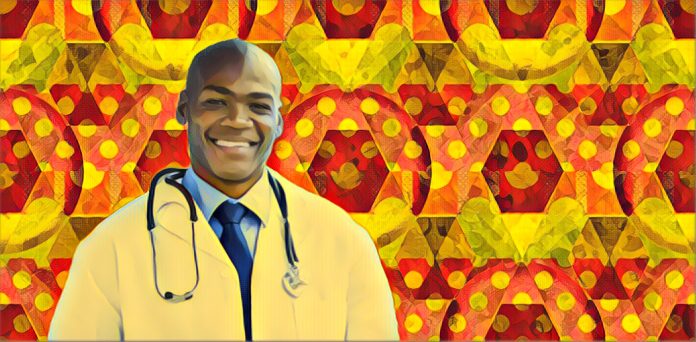Nigeria, Africa’s most populous country, has announced its plan to double the number of medical and dental graduates from 5,000 to 10,000 by the next academic year. The move is part of the government’s efforts to address the health sector’s challenges, such as inadequate infrastructure, poor funding, and brain drain.
The Minister of State for Health and Social Welfare, Dr Tunji Alausa, revealed the plan at the induction ceremony of foreign-trained medical and dental graduates by the Medical and Dental Council of Nigeria (MDCN) in Abuja on Wednesday. He said the government would increase admission into medical and dental institutions and make the healthcare environment more attractive for professionals.
According to the minister, Nigeria currently produces about 3,000 doctors annually, which is grossly insufficient for the country’s population of over 200 million people. He said the government would also expand the opportunities for other health professionals, such as pharmacists, nurses, physiotherapists, and radiographers.
The minister also urged parents and guardians who intend to send their children and wards abroad for medical training to seek guidance from the MDCN and the National Universities Commission (NUC) on accredited institutions. He said some of the foreign-trained graduates had performed poorly in the MDCN assessment examination due to substandard education in some countries.
The MDCN assessment examination is mandatory for foreign-trained medical and dental graduates who want to practice in Nigeria. Out of the 647 medical and ten dental candidates who registered for the examination in June this year, only 178 passed, representing a 27.5 percent success rate.
The low pass rate has sparked controversy and criticism from some of the unsuccessful candidates, who have accused the MDCN of bias and manipulation. They have also petitioned the National Assembly and the court to challenge the result.
However, the MDCN has defended its examination process, saying it aims to ensure quality and safety in the health sector. The council said it would continue to uphold high professional standards and ethics.
Nigeria’s health sector faces several challenges, including a shortage of doctors and other health workers, poor infrastructure, and inadequate funding. According to a report by NOI Polls in 2019, about 88 percent of Nigerian doctors considered working abroad due to these challenges. The report also estimated that Nigeria had about 72,000 registered doctors, but only 35,000 were practicing there.
The government’s plan to double the number of medical graduates is a welcome step, but whether it will be successful and sustainable remains to be seen. The government will need to invest more in improving the health facilities and equipment and remuneration for health workers. It will also need to ensure that the medical education system is high quality and meets international standards.
The plan also offers hope for millions of Nigerians lacking access to quality, affordable health care services. More doctors are expected to translate to better health outcomes and reduced mortality rates in the country.
Source: Business Day



